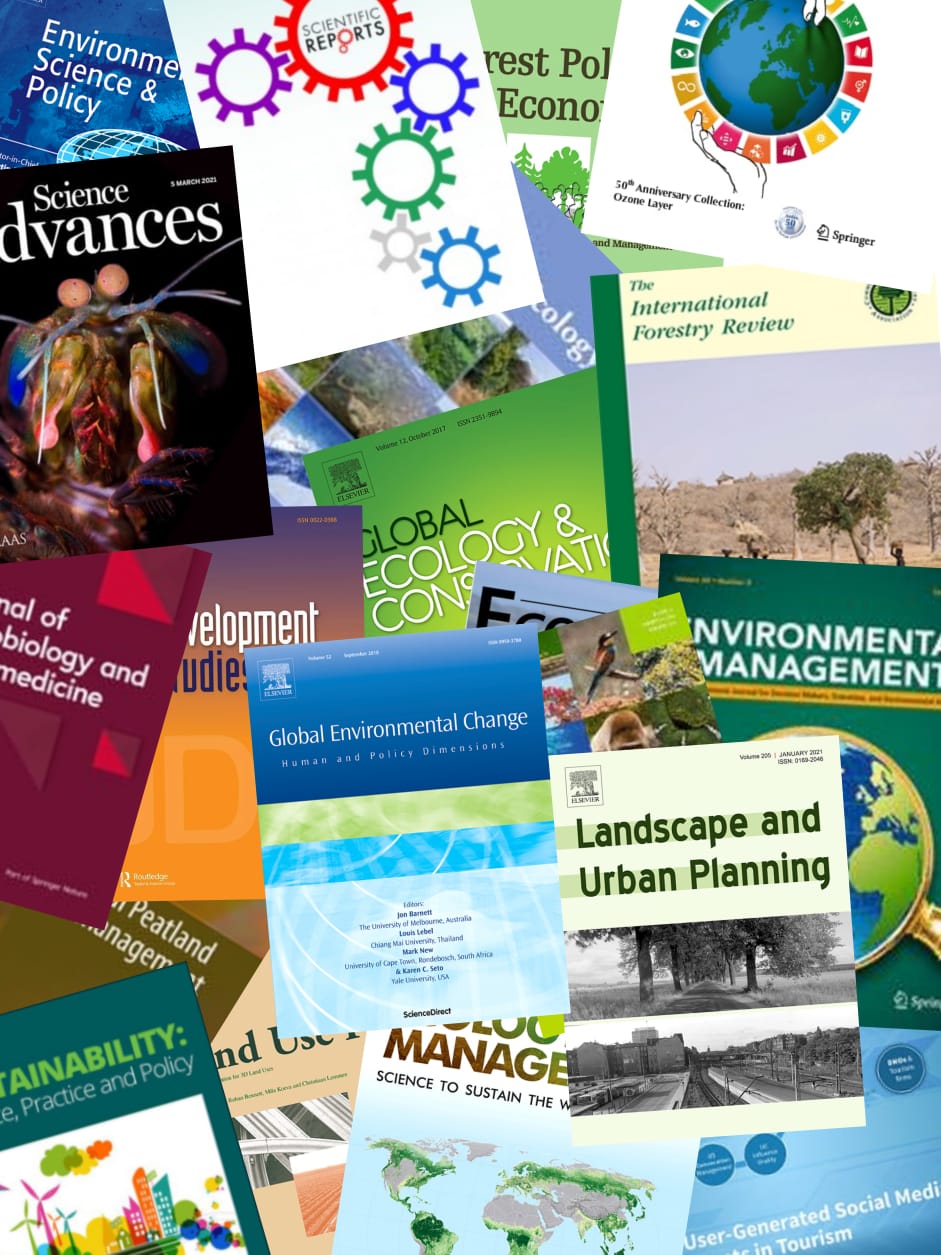Greenhouse gas emissions from peat lands are key sources of overall emissions in Indonesia. These emissions are mainly caused by fires and to a lesser extent decomposition of degraded peat lands which have been cleared for either food crop or palm productions. Land clearing has taken place since the colonial times; however, it had accelerated dramatically since the mid-90s, fuelled by palm oil expansion and poorly planned efforts to open peat land for food production. Fire activity is driven by clearing peat forest lands. Risk of fires increases significantly during drier than normal years, often linked to El Nino phenomena. Once fires are ignited in peat areas, they tend to be submerged, making them difficult to extinguish. This prompts the need for an anticipatory approach to fire management. Such an approach would enact anticipatory risk reduction actions 1–3 months ahead of an anticipated fire outbreak. These actions would be integrated into existing standard operating procedures for fire prevention, while at the same time mainstreaming fire risk reduction into spatial and development planning to address long-term fire vulnerability. The collaboration between the Earth Institute at Columbia University and the Institut Pertanian Bogor’s (IPB) Centre for Climate Risk and Opportunity Management in Southeast Asia Pacific (CCROM SEAP), with support from the National REDD+ Agency and facilitated by the United Nations Office for REDD+ Coordination in Indonesia (UNORCID), has resulted in the development of a seasonal fire early warning system, known as the Fire Risk System (FRS), for managing fires at the provincial and district level, with particular focus on Central Kalimantan and Riau provinces. The system is designed to enhance capacity of national, provincial and local stakeholders to prevent fires and addressing underlying fire vulnerably by integrating anticipatory actions into planning processes. © Springer International Publishing Switzerland 2016.
View source

